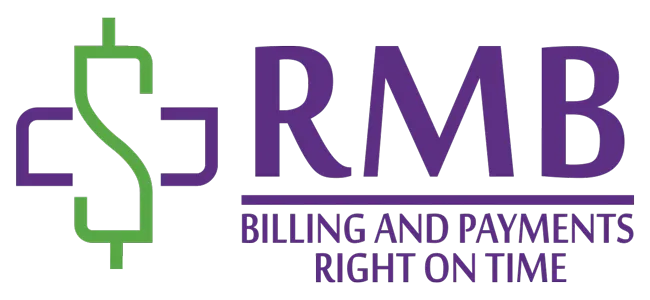Understanding the Importance of Plastic Surgery Medical Billing Services
In the realm of plastic surgery, the efficient management of medical billing is paramount to the success and sustainability of practices. Today, we delve into the critical importance of plastic surgery medical billing services, along with the advantages of outsourcing to a third-party billing service provider and an overview of common CPT codes associated with various procedures.
The Role of Medical Billing in Plastic Surgery
Medical billing in the context of plastic surgery is a crucial aspect of practice management. Given the delicate and intricate nature of plastic surgery procedures, accurate and timely billing is essential for ensuring the financial health of a practice.
Challenges Faced by Plastic Surgeons in Billing
Plastic surgeons often face unique challenges in medical billing due to the nature of their specialty. Complex procedures, pre-authorizations, coding requirements, and dealing with insurance companies can make the billing process overwhelming. This highlights the need for specialized knowledge and expertise in plastic surgery billing services.
The Significance of Outsourcing Medical Billing
Outsourcing medical billing for plastic surgery practices can offer a host of benefits, including:
Specialized Expertise
Third-party billing services are equipped with a team of professionals who specialize in plastic surgery billing. Their in-depth understanding of the unique coding and billing requirements of plastic surgery procedures ensures accuracy and compliance with regulations, reducing the risk of claim denials and revenue loss.
Revenue Cycle Management
By entrusting billing processes to a dedicated service provider, plastic surgeons can streamline their revenue cycle management. From claims submission to payment posting, an experienced billing partner can optimize cash flow, reduce payment delays, and improve overall financial performance.
Focus on Patient Care
Out-house billing allows plastic surgeons and their staff to devote more time and attention to providing exceptional patient care. With the burden of billing and administrative tasks lifted, practitioners can enhance the overall patient experience and focus on practice growth and development.
Common CPT Codes in Plastic Surgery
Understanding the Common Procedural Technology (CPT) codes associated with plastic surgery procedures is crucial for accurate billing and coding. Some of the frequently used CPT codes in the realm of plastic surgery include:
CPT Code 15830: Abdominoplasty (tummy tuck)
CPT Code 19318: Breast augmentation
CPT Code 30400: Rhinoplasty (nose reconstruction)
CPT Code 67735: Blepharoplasty (eyelid surgery)
CPT Code 15777: Grafting of autologous soft tissue, face or ears, or eyelids, mouth, neck, hands, feet, and/or genitalia
Understanding and correctly applying these codes is essential for accurate billing and adherence to insurance and regulatory guidelines.
Reconstructive surgery involves a wide range of procedures to repair or restore damaged or missing tissues. CPT codes used for these procedures vary depending on the specific technique and body area involved. Here are some common examples with their corresponding CPT codes:
Skin Grafts:
- 15769: Grafting of autologous soft tissue, other, harvested by direct excision (e.g., fat, dermis, fascia)
- 15771: Grafting of autologous fat harvested by liposuction technique to trunk, breasts, scalp, arms, and/or legs; 50 cc or less injectate
Muscle Flaps:
- 15733-15740: Various muscle flap procedures for head, neck, trunk, and extremities.
- 15756: Free muscle or myocutaneous flap with microvascular anastomosis
Breast Reconstruction:
- 19316, 19325, 19328, 19330, 19340, 19342, 19350, 19357, 19361, 19364, 19367, 19368, 19369, 19370, 19371, 19380, and 19396
Facial Reconstruction:
- 15772-15784: Various facial reconstruction procedures, including dermabrasion and skin grafting.
- 15822-15829: Facelift and eyelid surgery
Hand Reconstruction:
- 15800-15821: Various hand and finger procedures, including tendon repair, nerve repair, and skin grafts.
Compliance and Regulations in Plastic Surgery Billing
Compliance with billing regulations, such as HIPAA and Medicare guidelines, is of utmost importance in plastic surgery practices. Failure to comply can result in hefty fines and legal repercussions. Therefore, it is essential to work with a billing service provider that is well-versed in these regulations.
Take Away
In conclusion, plastic surgery medical billing services play a critical role in the success and sustainability of plastic surgery practices. By outsourcing billing to a specialized service provider, plastic surgeons can streamline their revenue cycle management, minimize billing errors, and ensure compliance with regulatory requirements.
We hope this blog post has provided you with valuable insights into the world of plastic surgery medical billing services. If you have any questions or would like to learn more, feel free to reach out to us. Thank you for reading!




